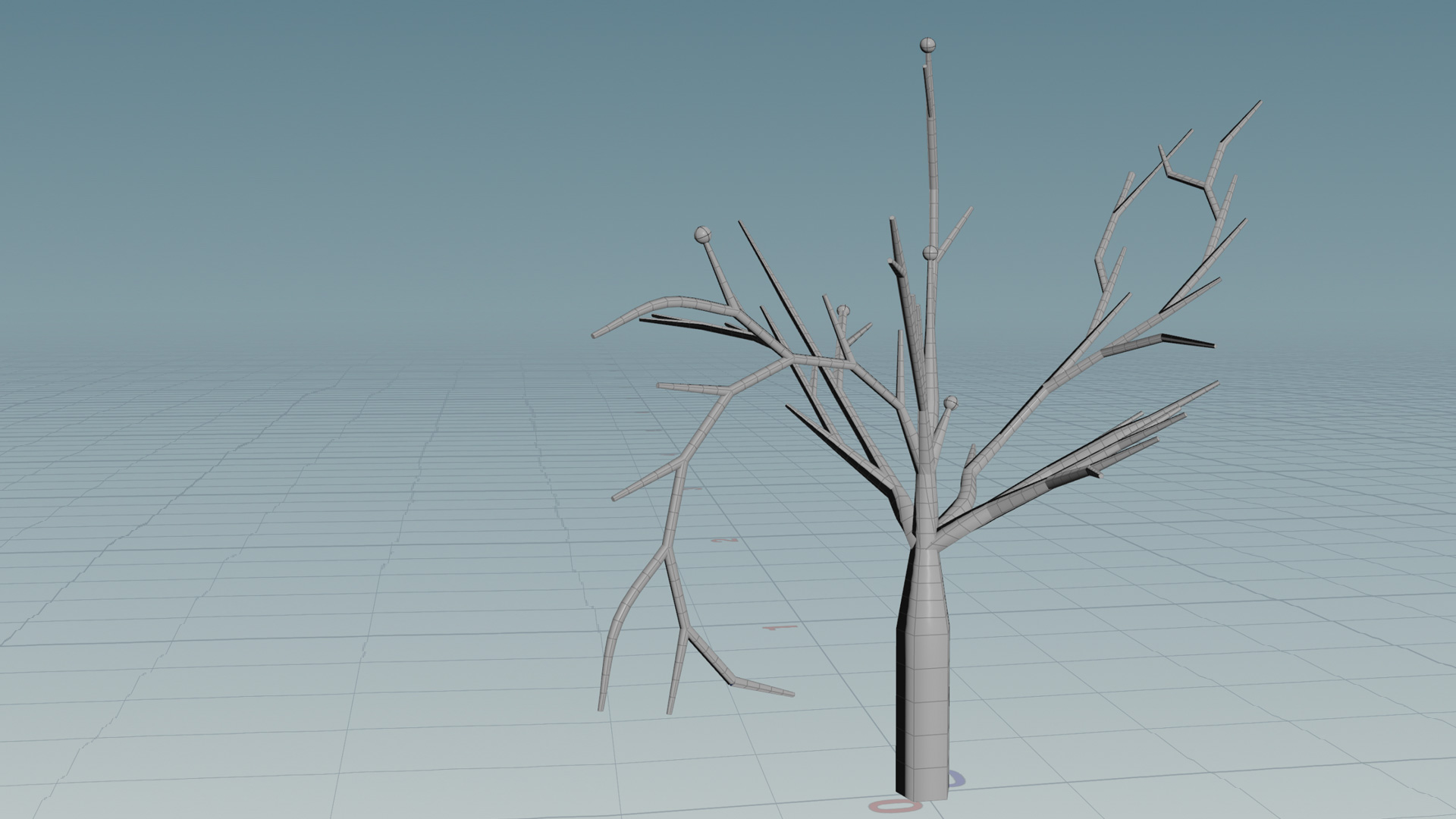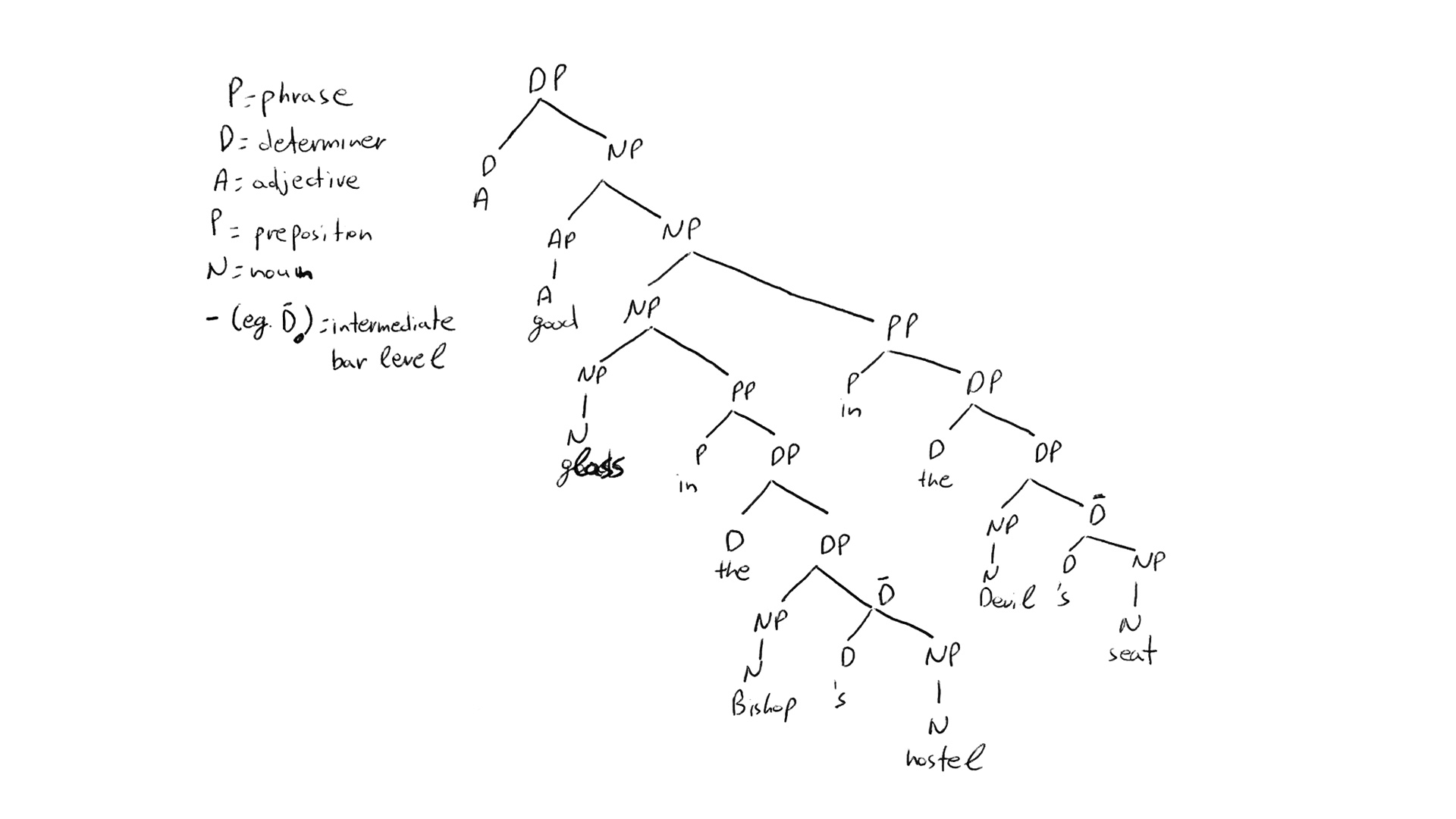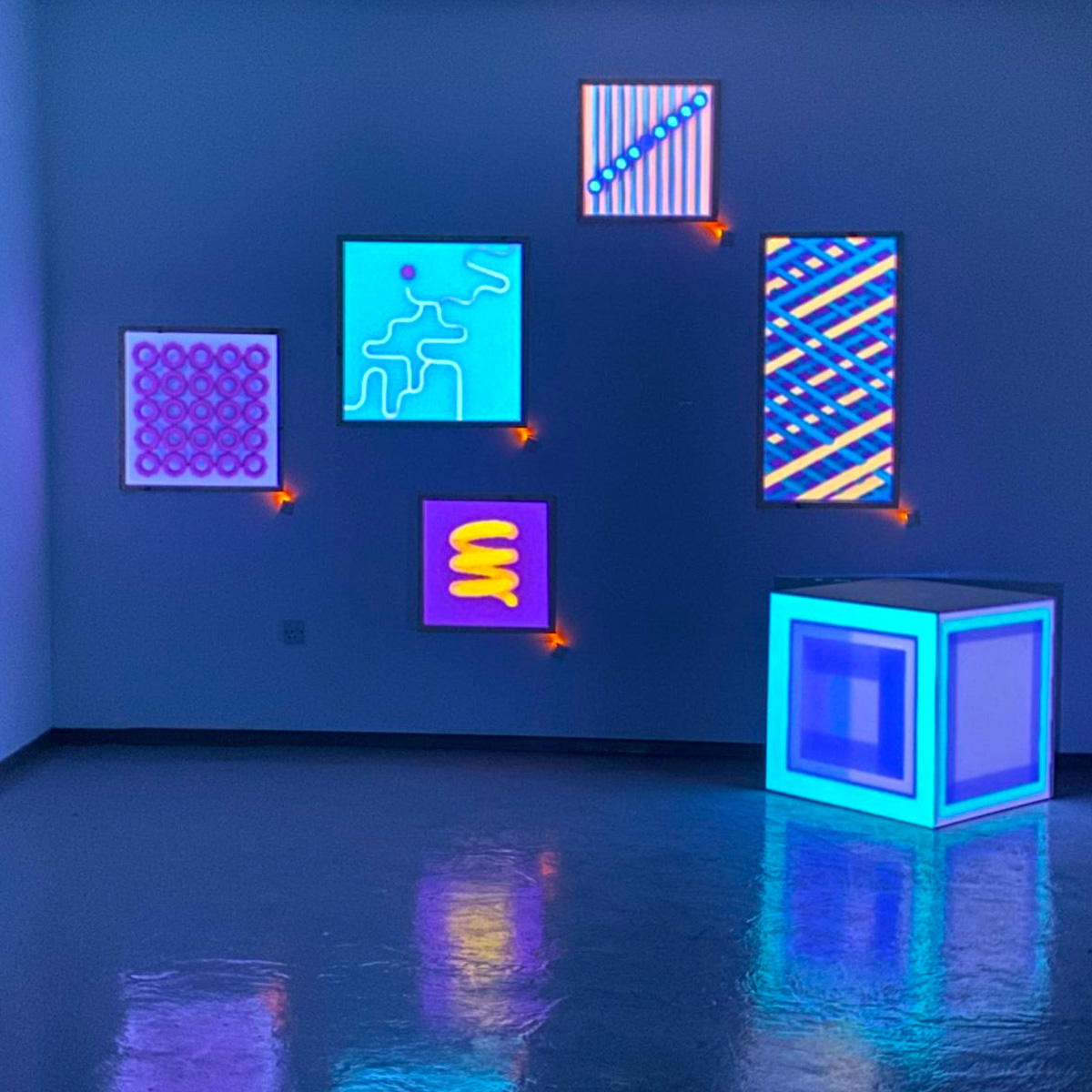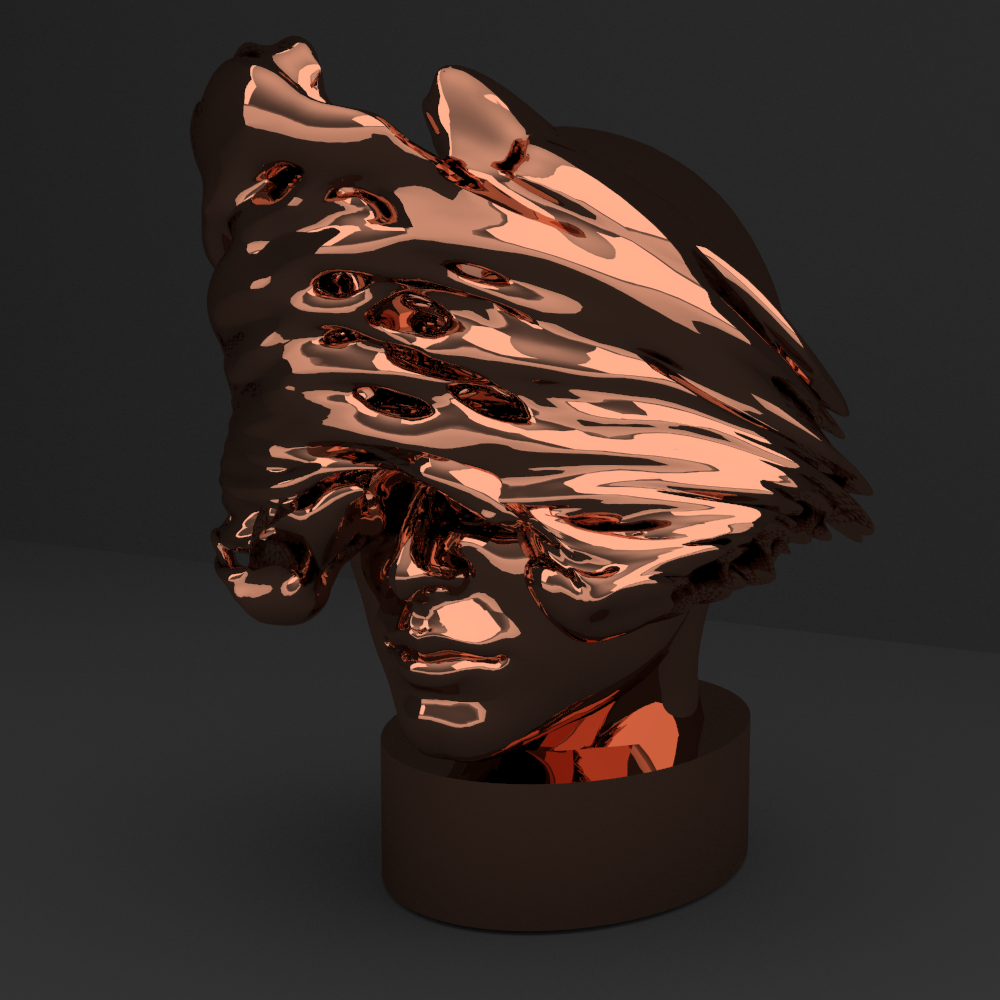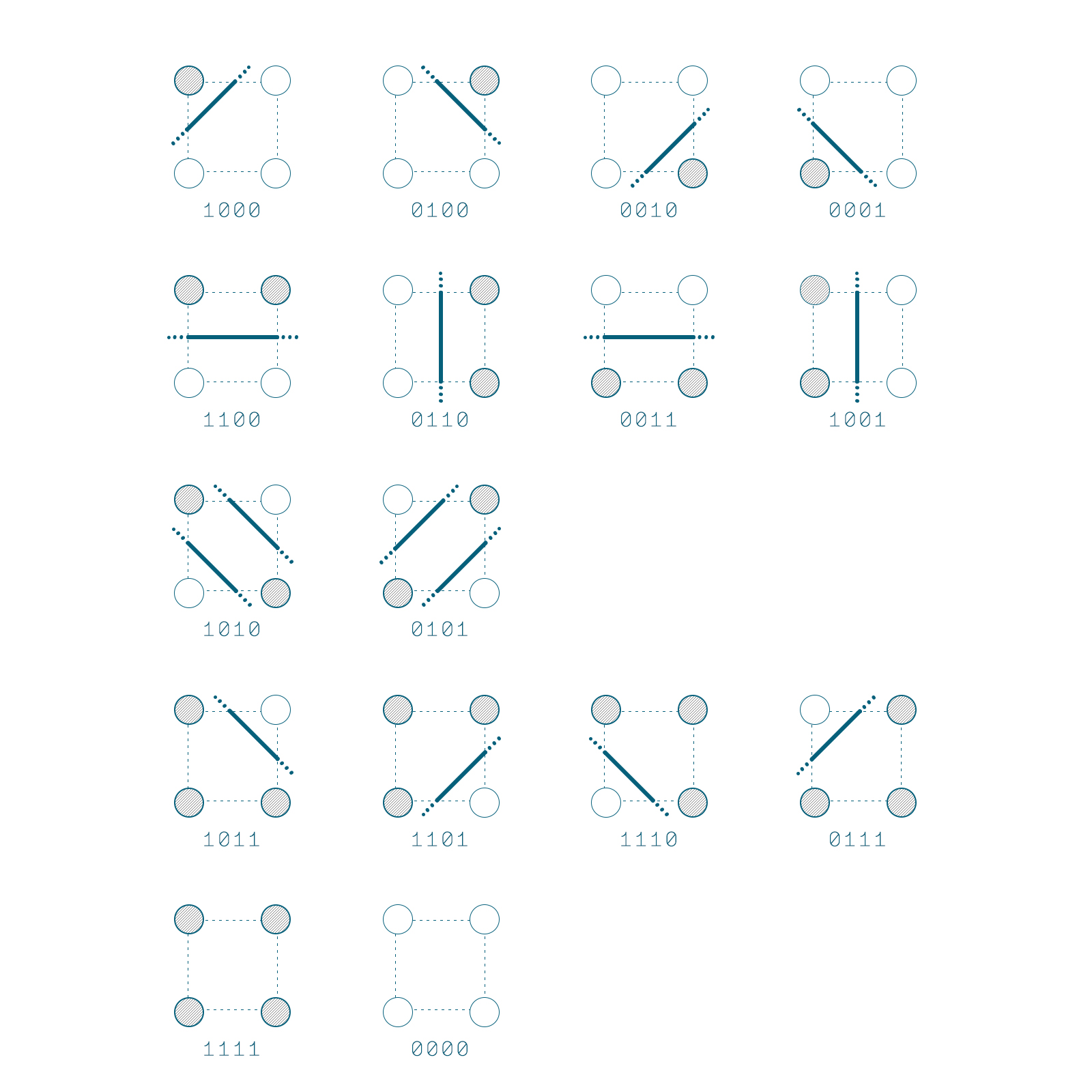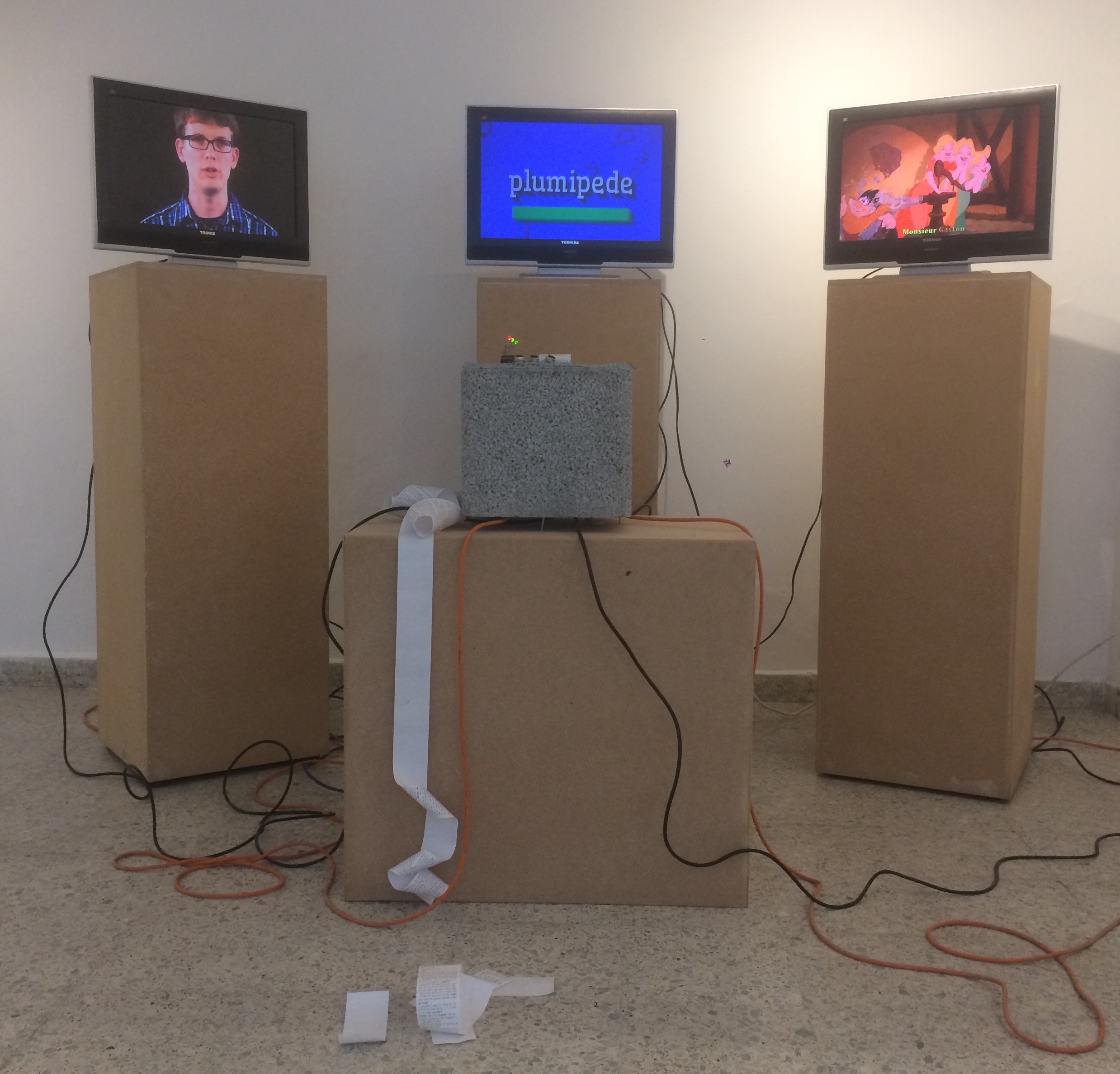Poe’s Tree
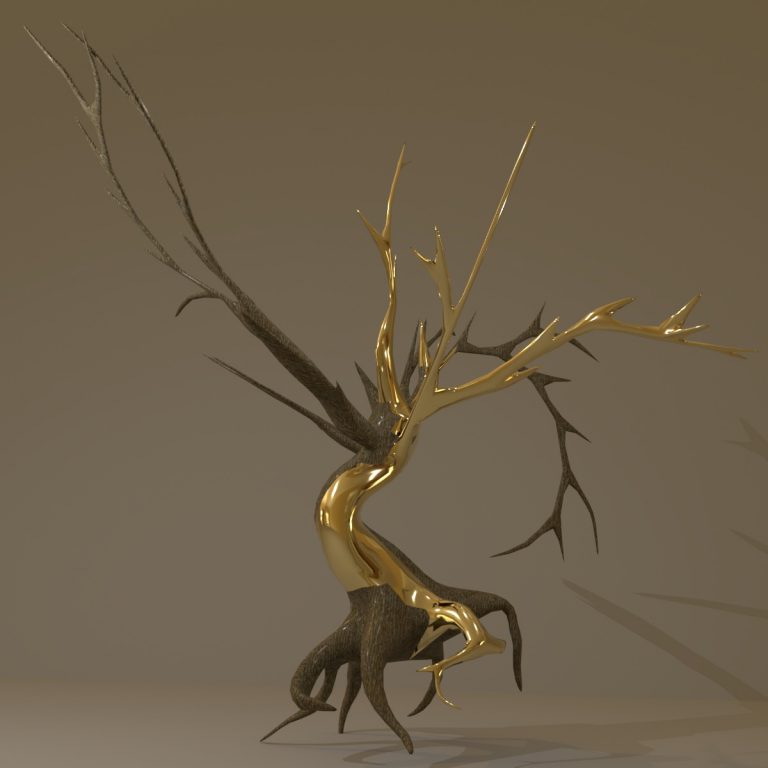
Poe’s Tree
This artwork is inspired by the short story “The Gold-Bug” by Edgar Alan Poe. The story follows William Legrand, his servant Jupiter and an unnamed narrator on their quest to uncover a buried treasure. Poe took advantage of the popularity of cryptography as he was writing the “The Gold-Bug” and his story revolves around the team trying to solve a cipher. The characters in the story follow a simple substitution cipher to decode a message that eventually leads them to the treasure.
With this project, the aim was to re-encode the decrypted text into a digital form and turn it into a 3d tree.
In order for this to be achieved, the following process was used:
1) Using Chomky’s Context-Free-Grammar, the text was broken down into a syntax tree.
2) By using a simple substitution process, like the one used by Poe, the syntax tree was turned into an L-systems syntax.
P – Forward
D – Right
A – Half line
N – Left
XX (Branch)
NP / NP1 = Right/Left
Here is how the sentences translate to L-System code:
Phrase 1 (substitution)
[ F+F [F] [-F [HF] [-F [-F [-F [-F]] [F [F] [+F [F] [+F [F] [+F [-F [-F]] [+F [-F ]]]]]]] [F[F][+F [F][+F [-FF] [-F [F] [-FF]]]]]]] ]
Phase 2 (substitution)
[ F [+F [-F [FJ] [+F [^(30)FK] [-F [-F [FJ]] [-F [-F ]]]]]] [-F [HFH] [-F [+F] [FF [F] [-F]]]] ]
Phrase 3 (Substitution)
[ F [-F [-F [-F] [+F] ] [+F [-F][+F]]] [+F [-F HFH] [+F -F] ] ]
Phrase 4 (Substitution)
[ F [+FJ] [-F [+F] [-F [+F] [-F [-F [+F] [-F [+F] [-F [+F-F] [-F [+F] [-F [-F] ]] ] ] ] [+F [+FHJ] [-F-F] ] ] ] ] ]
Phrase 5 (Substitution)
[F [+F [F] [-F [-F] [F [^(30)F [F] [+F [F] [+F]] [^(-30)F] ]F] ] ] [FF [-F [FJ] [-F]] [FF [FF]] ] ]
3) The tree was then generated using the build-in L-Systems function in Houdini
4) Maya was used to stylize, texture and render the 3d tree.
Exhibitions / Performances / Workshops
This work is part of the Narratives and Geometries Project
